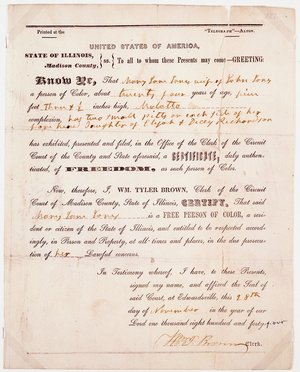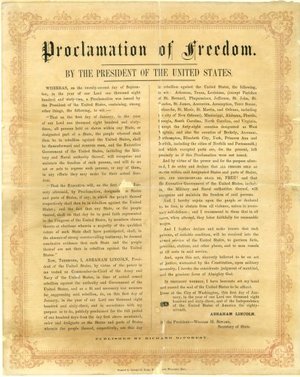What are archives?

Archives are collections of materials that can include:
- letters, books, documents,
- posters, newspapers, magazines, zines,
- photos, tapes, CDs/DVDs, videos, audio recordings,
- objects, and more.
Archives are preserved because they have historical significance. What’s considered valuable varies for everyone. Value and significance in archival collections are determined by the people who create and preserve them.
Where are archives found?
Archives are often thought of as part of museums and libraries, but they’re also found in lots of other places! Community archives can be independent and many families have their own collections at home. Whether collections are found in a library or in someone's house, it’s important that they’re cared for and protected from damage over time. You can learn more about caring for archival collections through our Legacy Management Resource Portal and the videos on our Workshops page!
How are archives used?
Research about history includes learning about the past from those that experienced it directly. Since archives can be preserved for centuries, we can still look at the materials people created throughout history. Much of what is known today about history is based off archival research, including looking at materials and listening to oral histories, or interviews, from those who lived through it.
How can I find archival materials myself?
On our website, you can find more information about materials like this print of the Emancipation Proclamation from the Vivian G. Harsh Research Collection with Chicago Public Library and other repositories! The BMRC Archives Portal has information about which collections are at our member institutions in the Chicagoland area and who you can contact about viewing them. Some materials are scanned or photographed (what we call digitized) and can be seen on a computer, like this print or these married couple’s freedom certificates from 1844!

Freedom certificate for John Jones, ICHi-036297, John Jones Papers, Abakanowicz Research Center, Chicago History Museum.

Freedom certificate for Mary Jones, ICHi-067444, John Jones Papers, Abakanowicz Research Center, Chicago History Museum.
These freedom certificates were issued to legally emancipate Black people who were enslaved in the U.S. To learn more about John Jones, see the collection’s finding aid on our Archives Portal.
This resource was created by Jehoiada Calvin (f.k.a. T Calvin), Community Engagement Archivist, in 2022.
